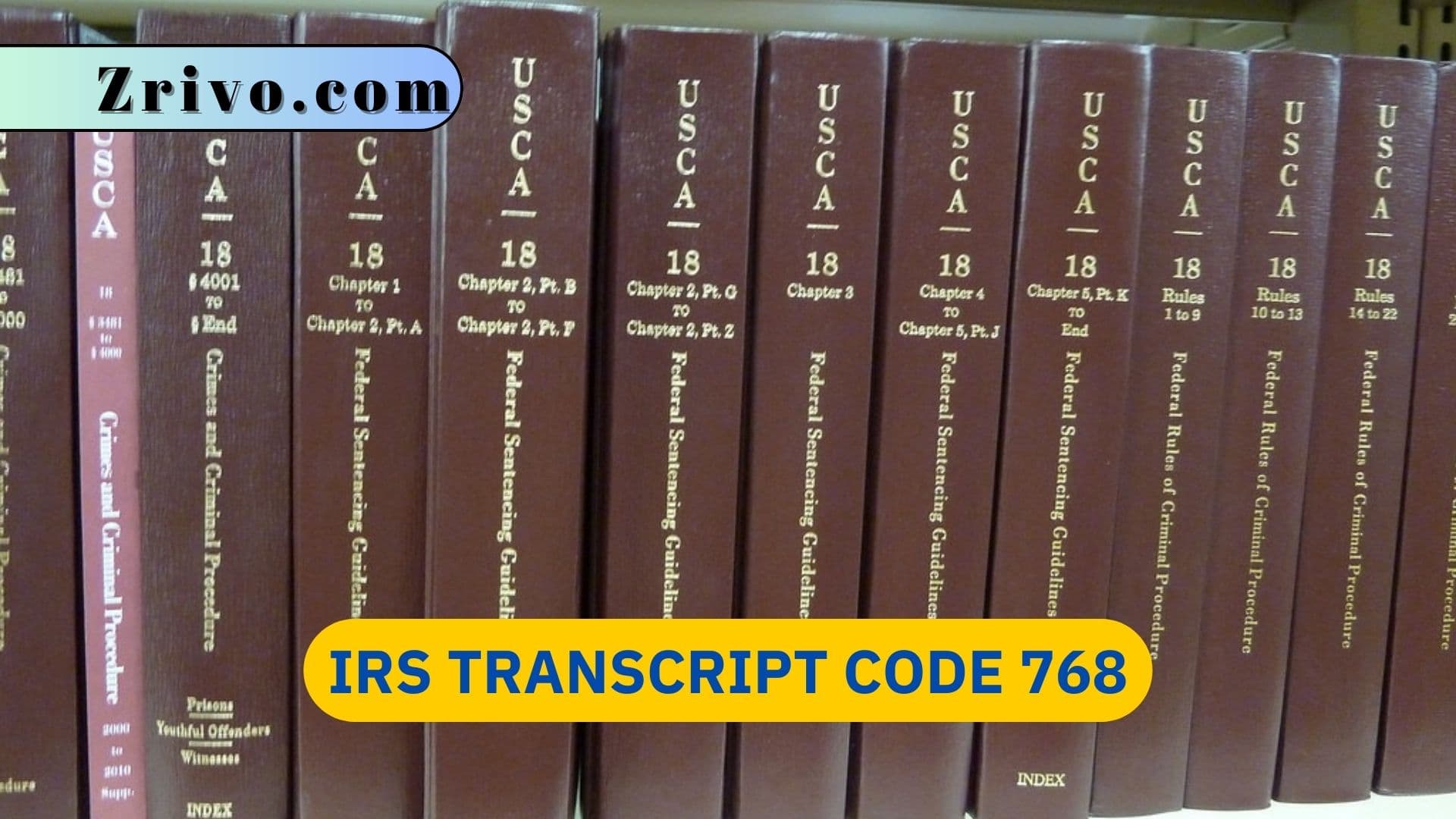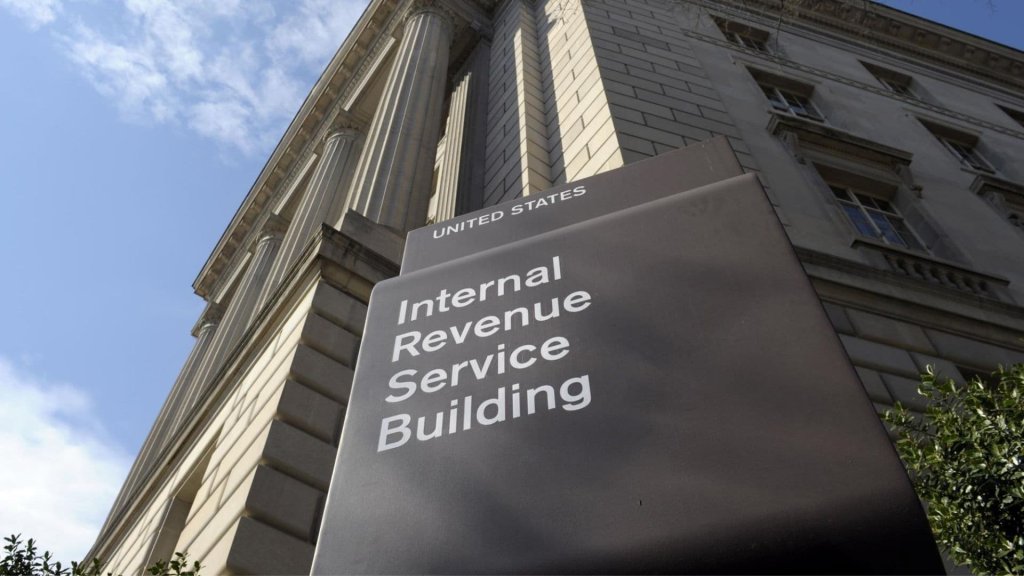
Transcript codes, or transaction codes, are a series of three-digit codes used by the Internal Revenue Service (IRS) to identify specific actions or events that occur while processing a taxpayer’s return or account. The IRS uses these codes internally to track and document various transactions, adjustments, and updates related to an individual’s tax account. Each transcript code, like IRS Transcript Code 768, represents a particular action or event within the IRS system.
If you’ve recently received an IRS letter stating that you are eligible for the Earned Income Tax Credit (EITC), you may have wondered about what to do next. You may have also seen the code 768 on your IRS tax transcript, which can be a bit confusing. Fortunately, this transaction code on a tax account transcript only means one thing: the taxpayer is entitled to an Earned Income Tax Credit (EITC). The EITC is usually a credit that’s applied toward reducing your tax liabilities for the current year. It’s important to keep records of qualifying expenses to ensure you get the credit that you’re entitled to. This includes things like childcare, medical expenses, and even groceries. It’s also a good idea to use the calculator on the IRS website to see how much you can claim in EITC each year.
The date that appears next to this code on the transcript corresponds to when the EITC became effective within the IRS’ master file. However, this does not mean the taxpayer will receive their tax refund on that date. The actual release of the tax refund, either through direct deposit or via a check sent through the mail, will likely occur a day or two after this date.

What to Do After Transcript Code 768?
TC 768 and the date on the tax transcript indicate that the credit was added to the file and became effective at that point in time. However, these dates do not necessarily correlate with the direct deposit date or the date that a refund check was mailed. Usually, deposits and checks occur within a few days of each other. This means that you don’t have to worry about your refund and EITC, as they are currently in the refund process.
However, understanding transcript codes can be complex, and their meanings can change over time. For specific information about the transcript codes appearing on your tax transcript or their implications, it is recommended to consult the official IRS resources or seek assistance from a tax professional who can provide accurate and up-to-date guidance.